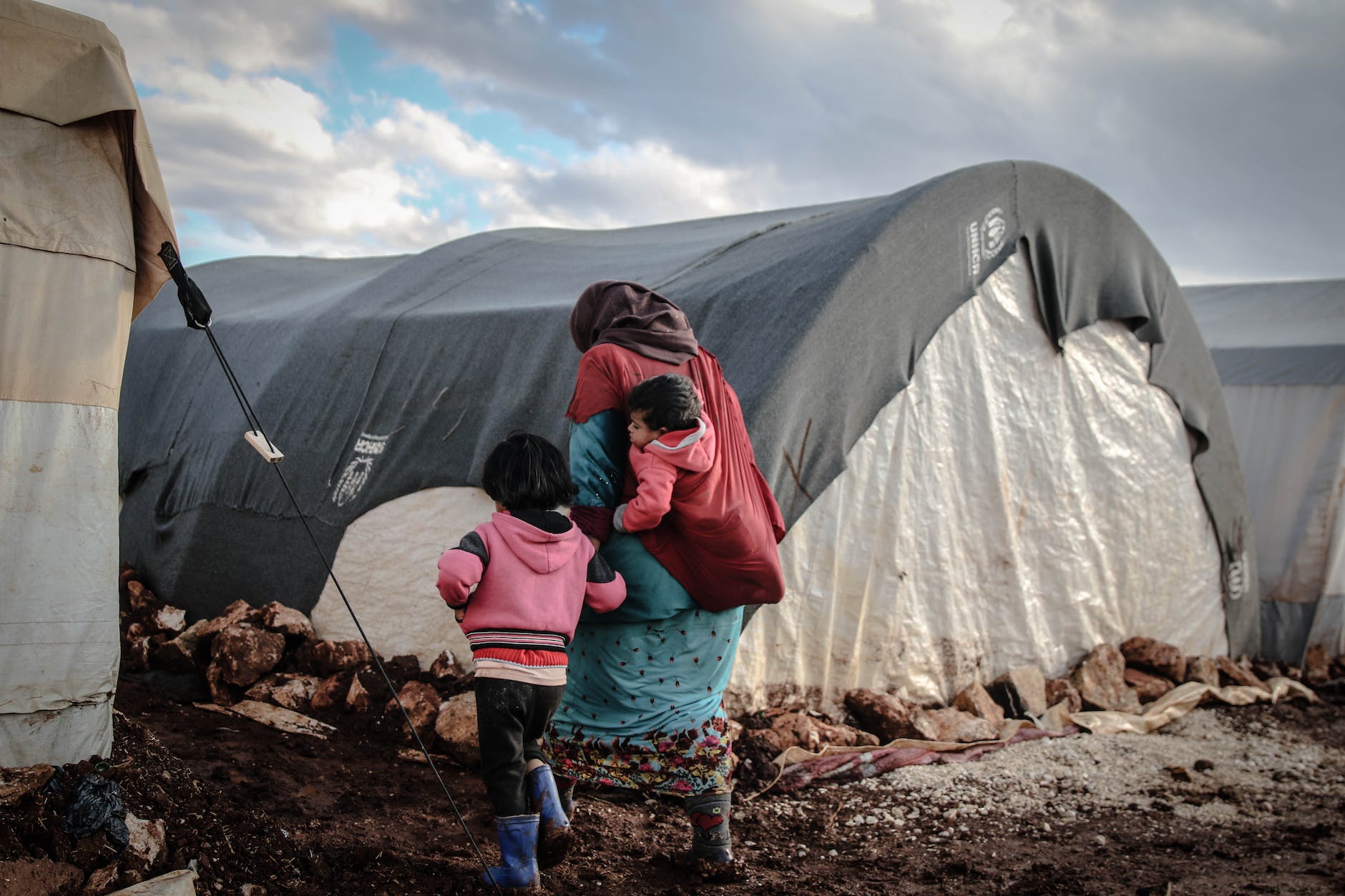Introduction:
The quest for education in impoverished African countries is a journey fraught with numerous hurdles, more so for the female populace. Education, especially at the university level, is a cornerstone for personal and societal development. It is a beacon of hope that has the potential to drive economic growth, reduce inequalities, and foster innovation. However, gender disparities and poverty often act as formidable barriers to this crucial pathway. By addressing these challenges, Albion believes there’s an opportunity to unlock a reservoir of untapped potential, nurturing a generation of informed and empowered women who can contribute significantly to the socioeconomic fabric of their communities and nations at large.
Gender Exclusion: A Closer Look
- Socio-Cultural Norms: In many impoverished African nations, entrenched socio-cultural norms often relegate women to traditional roles, hindering their access to higher education. In countries like Chad, Niger, and Burkina Faso, where poverty levels are alarming, the societal expectation is often for women to marry young and assume household responsibilities, sidelining their educational aspirations.
- Economic Constraints: The dire economic situation in the poorest African countries exacerbates gender disparities in education. Families with limited resources often prioritize educating their sons over their daughters, viewing male education as a more valuable investment for the future.
- Lack of Supportive Infrastructure: The absence of supportive infrastructure, such as safe transportation and sanitary facilities, disproportionately affects female students. In many instances, the long distances to schools and universities, coupled with the lack of safe and affordable transportation, deter families from sending their daughters to pursue higher education.
Spotlight on Poverty-driven Exclusion:
- High Tuition Fees: The high cost of university education in some regions forms a significant barrier for both male and female students from impoverished backgrounds. However, when coupled with gender biases, this economic barrier is more pronounced for female students.
- Lack of Access to Financial Aid: Access to scholarships or financial aid is often limited, and when available, the competition is fierce. The lack of awareness or guidance on how to access such opportunities further widens the education gap for impoverished female students.
Towards an Inclusive Future:
- Scholarships and Financial Aid: Extending scholarships and financial aid to deserving female students from impoverished backgrounds can provide them with the necessary stepping stones to access higher education. Initiatives like the African Leadership Academy and the Mastercard Foundation Scholars Program are commendable steps in this direction.
- Community Awareness Programs: Conducting community awareness programs to challenge traditional gender norms and highlight the importance of female education can foster a conducive environment for change.
- Policy Interventions: Governments and educational institutions should collaborate to formulate and implement policies that promote gender equality in education. This includes creating safe and supportive learning environments, making education more affordable, and providing gender-sensitive facilities and resources.
Conclusion:
Tackling gender and poverty-driven exclusion requires a multi-faceted approach that involves not only financial support but also societal and policy shifts. By investing in female education which Albion is at the forefront, especially in the impoverished regions of Africa, there’s an opportunity to foster a generation of empowered women, who can in turn play a pivotal role in the socio-economic development of their communities and countries. Through concerted efforts from governments, educational institutions, and society at large, it’s possible to dismantle the barriers hindering female education, paving the way for a more equitable and prosperous future.

 using WordPress and
using WordPress and
Comments are closed